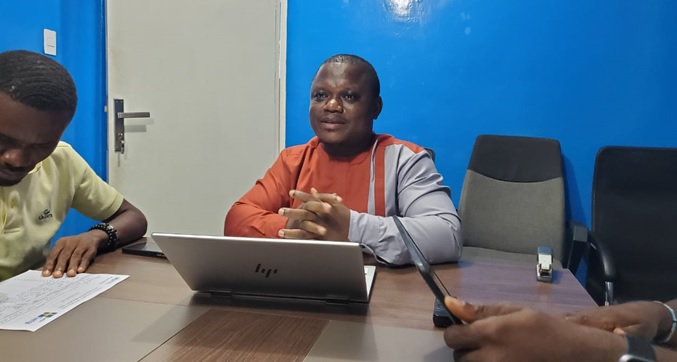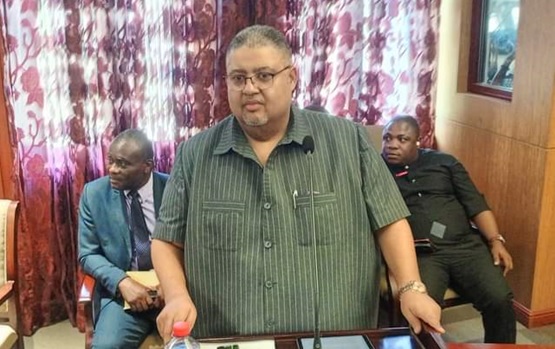MONROVIA – As Liberians struggle to grow their staple food, rice, the Chairman of the Movement to Make Liberia Better (MLB), Mr. ChuChu Alex Jones, recently proposed a detailed plan to enhance rice production in Liberia. In his article, “Rice Production in Liberia,” Mr. Jones addressed key challenges and recommendations for improving the sector.
Mr. Jones stated that many advocates for domestic rice production lack a thorough understanding of the processes, costs, management, and economics involved. He emphasized the difficulty of implementing mechanized farming efficiently under the current government structure, citing the government’s inability to manage even basic functions effectively.
Nonetheless, Mr. Jones expressed his desire to see Liberia become self-sufficient in rice production. Over the years, MLB has conducted extensive research and consulted with top Liberian agriculturists, economists, bankers, and financial analysts to develop a viable plan for producing rice efficiently and at a lower cost than current imports.
Key Recommendations for Successful Rice Production in Liberia
- Independent Public Corporations: Create two Liberian public corporations—one for rice production and distribution, and another for agribusinesses producing onions, peppers, vegetable oil, and other essential produce. These corporations should operate independently of direct government control to avoid political interference.
- Non-Political Management: Ensure that the president and government do not have managerial control over these corporations. The appointment of CEOs, executives, managers, and Boards of Directors should be free from political influence to maintain professionalism and efficiency.
- Initial Capital and Funding: The government should provide initial capital and financing through low-interest loans (2-3%), totaling between US $10-$20 million. These corporations should also attract equity capital from private investors, primarily Liberians.
- Subsidies and Land Leases: Provide land leases and grants to reduce production costs, along with other subsidies such as fuel, electricity, pesticides, and machinery, similar to practices in China, India, and the US. In exchange, these corporations should guarantee low market rice prices for the public.
- Reopening the Agricultural Bank: President Boakai should sign an executive order to reopen the Agricultural Bank, managed by experienced Liberian bankers from within and outside the country. This bank would support the management, structuring, financing, development, and expansion of the rice production industry. The CEO and Board should be appointed independently to avoid political interference.
Implementation and Transparency
Mr. Jones assured that MLB is ready to work with Liberian experts and professionals to implement this plan efficiently. He committed to creating a website to publish all information about the process, including documents, financial transactions, expenditures, employee salaries, loans, grants, and hiring procedures, ensuring complete transparency.
He also called upon opposition leaders and legislators, including Rep. Musa Bility, to support this initiative. Mr. Jones stressed the urgency of addressing Liberia’s rice and food insecurity and urged all political factions to collaborate for the country’s benefit.
Conclusion
Mr. Jones believes that if the proposed measures are adopted, Liberia can significantly reduce its reliance on rice imports by the end of next year. He remains hopeful that the President, legislators, and government will prioritize and support this proposal, marking a critical step toward food security and economic growth in Liberia.







